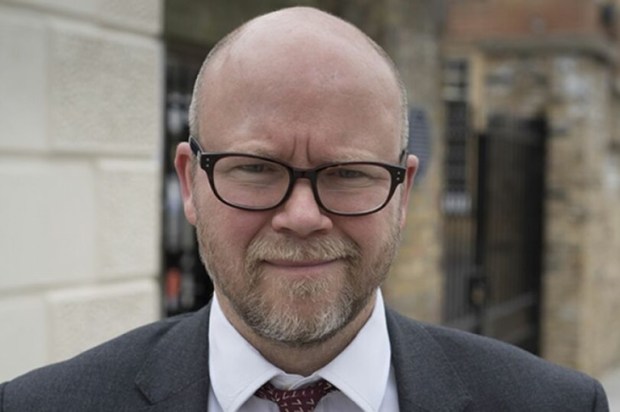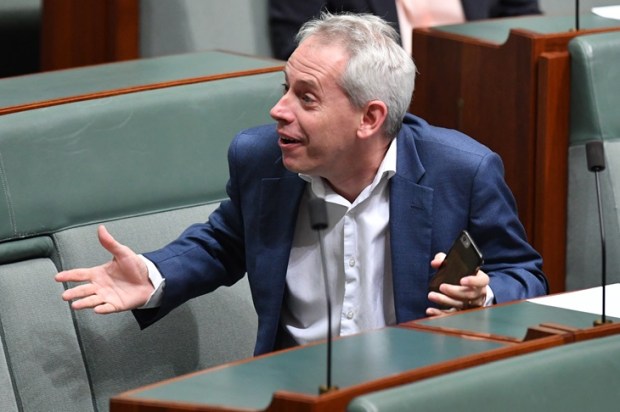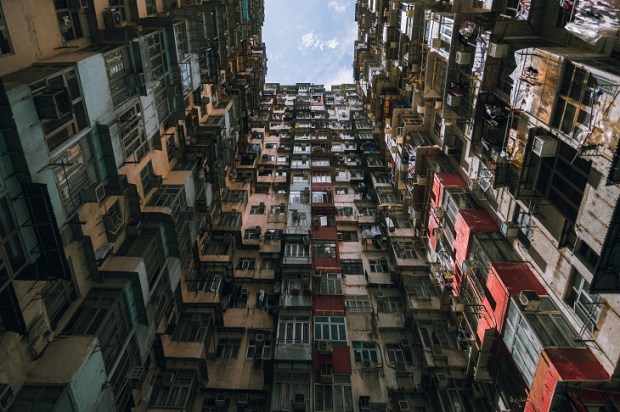‘The rental market right now is currently utterly f**ked,’ reads a post currently trending on r/Sydney, a Reddit board devoted to the Sydney area. ‘Our landlord wants a $300 increase, we can’t find anywhere to live.’ A similar comment posted on r/AusFinance asks: ‘Is anyone else feeling a sense of long-term hopelessness regarding housing?’ This is followed by a rather depressing comment stating ‘a regular job can’t afford a regular life anymore’.
Already a subscriber? Log in
Subscribe for just $2 a week
Try a month of The Spectator Australia absolutely free and without commitment. Not only that but – if you choose to continue – you’ll pay just $2 a week for your first year.
- Unlimited access to spectator.com.au and app
- The weekly edition on the Spectator Australia app
- Spectator podcasts and newsletters
- Full access to spectator.co.uk
Or


























Comments
Don't miss out
Join the conversation with other Spectator Australia readers. Subscribe to leave a comment.
SUBSCRIBEAlready a subscriber? Log in